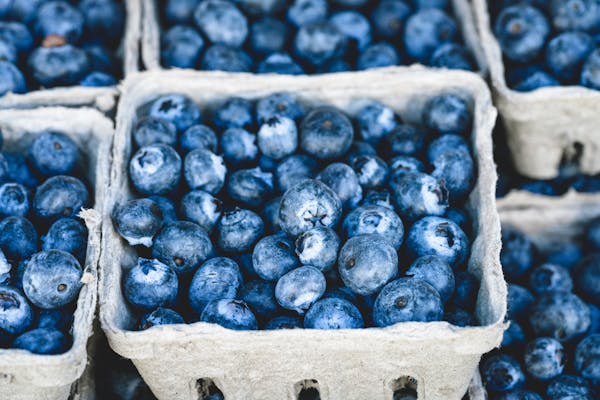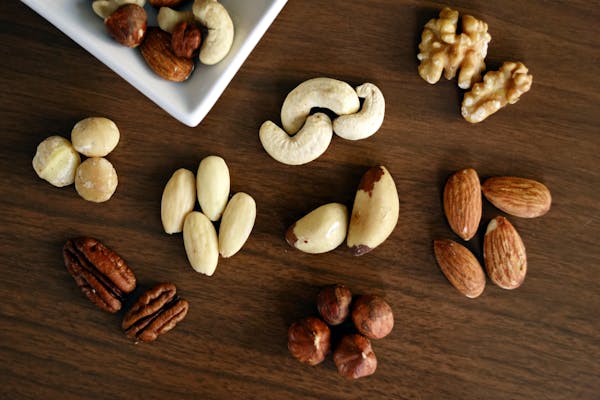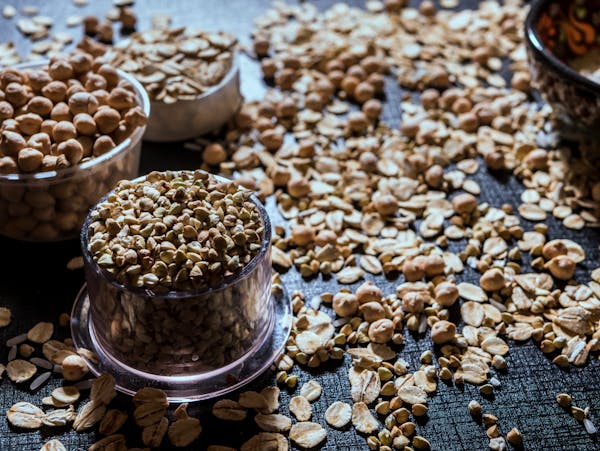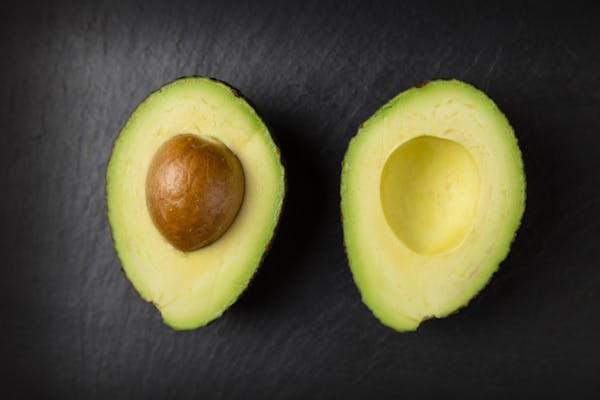We live in a time where almost everything we do during the day requires a lot of mental sharpness and agility. No one ever needed to take good care of their brain. The foods can play a very major role in boosting the performance of the most magical organ: the brain. This article presents key nutrients and food sources that help in improving cognitive functions, improve memory, and protect against neurodegenerative diseases.
Understanding Brain Health
The human brain is an absorbing organ that requires essential nourishment to keep it proper and functioning correctly. It utilizes about 20% of our energy, so the health of the brain directly reflects what we intake into our bodies in the form of nutrition.
Poor nutrition contributes to a decline in cognition, mood disorders, and increased vulnerability to neurological diseases such as Alzheimer's. One special focus on those kinds of foods feeding the brain, and there is a huge deal for cognitive functions and overall health.
Poor nutrition contributes to a decline in cognition, mood disorders, and increased vulnerability to neurological diseases such as Alzheimer's. One special focus on those kinds of foods feeding the brain, and there is a huge deal for cognitive functions and overall health.
Nutrient Essentials for Brain Action
We have been introduced to general interventions in regard to dietary patterns and mechanisms. Now it is relevant to learn which nutrients are particularly good for the brain. The most important nutritional elements for health and development of the brain outlined below.
1. Omega-3 Fatty Acids: These healthy fats are critical for the activity and development of the brain. They build the cell membranes in the brain and are required further for learning and memory.
2. Antioxidants: Antioxidant foods stave off oxidative stress that can lead to the destruction of brain cells. Vitamin E and C, and even polyphenols, make for great antioxidants, helping in maintaining the health of the brain.
3. B Vitamins: The B vitamins, especially B6 and B12, coupled with folate, have been considered highly important in energy production and neurotransmitter synthesis, both of which uplift mood and cognitive function.
4. Polyphenols: These are rich in plant-based foods and have anti-inflammatory and antioxidant effects that might be useful for brain health.
5. Amino Acids: Building blocks of proteins, amino acids are highly essential in the synthesis of neurotransmitters and thus influence mood, sleep, and cognitive functions.
Brain Health Enhancing Foods
Having identified the essential nutrients, let us now discuss the most important food that promotes improvement in brain health.
1. Fatty Fish

Fatty fish, such as salmon, mackerel, and sardines, are rich in omega-3 fatty acids. In fact, studies have documented that a person who consumes fatty fish on a regular basis has better memory and cognitively performs better compared to others. Omega-3 fatty acids also possess anti-inflammatory properties that protect the brain from degeneration associated with aging.
2. Blueberries
More interested in: Boost Your Health: Top 15 Nutrient-Rich Superfoods to Incorporate into Your Diet

Antioxidants, majorly flavonoids in blueberries, have proved to enhance memory and even delay the onset of brain aging. Regular intake of blueberries will develop a better communication between the brain cells, which leads to enhanced functioning of the brain.
3. Turmeric

This golden spice is packed with curcumin, a very potent anti-inflammatory and antioxidant compound. Curcumin has shown great promise to be able to cross the blood-brain barrier, and this may boost the ability of memory by growing new brain cells.
4. Dark Chocolate

Dark chocolate includes a plethora of antioxidants and flavonoids that will enhance your mood and improve cognitive function. They help increase blood flow to the brain, wherein it can also assist with memory and concentration. Choose at least 70 percent cocoa to reap the full benefits.
5. Nuts and Seeds

Nuts, especially walnuts, are packed with omega-3 fatty acids and antioxidants. They are also rich in vitamin E, which studies indicate may be associated with a reduced risk of age-related cognitive decline. Seeds, such as flaxseeds and chia seeds, are full of omega-3s, along with a host of other nutrients that help the brain function correctly.
6. Leafy Greens

Leafy vegetables, like spinach, kale, and broccoli, contain vitamins and antioxidants that improve brain activity. They are rich in essential vitamins K, C, and E, as well as folate, which are crucial for maintaining good cognition and preventing neurodegenerative disorders.
7. Eggs

Eggs are a good source of various nutrients related to brain health: vitamin B6, vitamin B12, folate, and choline. Choline allows the synthesis of acetylcholine, a neurotransmitter involved with mood and memory.
8. Whole Grains

Whole grains include oats, brown rice, and quinoa. These provide a supply of glucose to the brain, which is constantly required for it to function properly. Secondly, they contain a great deal of fiber and vitamins, both other essential constituents of health.
9. Avocados

Avocados are rich in healthy fats, mainly monounsaturated fats, supportive of blood circulation. They also contain vitamin K and folate, both helpful to the brain.
10. Beets

The beet is very high in nitrates, which can help improve blood flow to the brain. It is this improved blood flow that could lead to the associated benefits regarding cognitive functioning and overall brain health.
Lifestyle Factors for Brain Health
Full Diet,
A diet full of the right foods to feed the brain will greatly enhance one's cognition and stave off decline. Such foods, being incorporated into daily life, serve to enhance one's mood and generally speaking, well-being. Remember, it all starts on your plate-the right choices will keep your mind thanking you!
By addressing these nutritional strategies, you are investing in your cognitive health both now and into your future.







Comments(0)